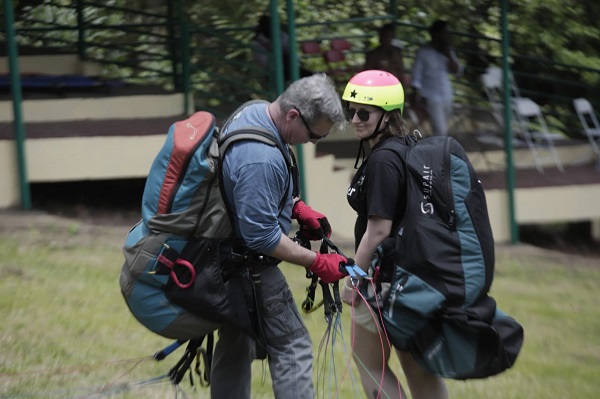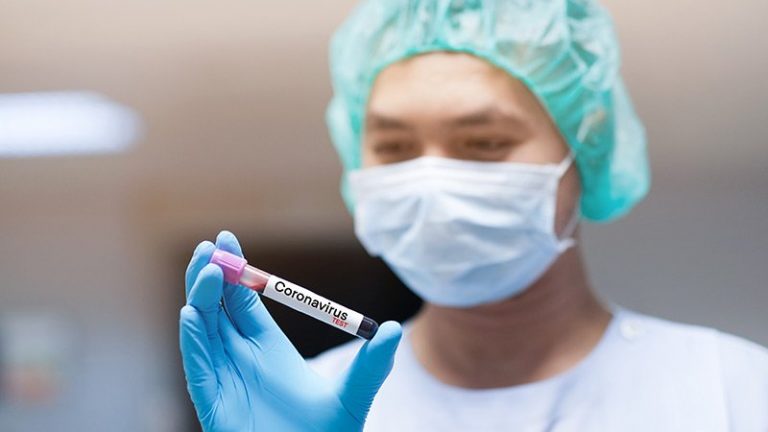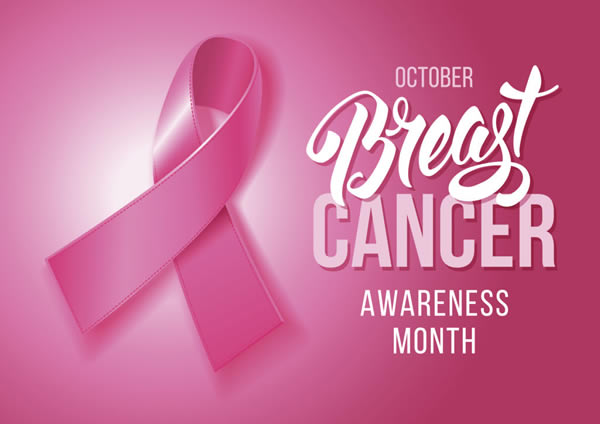Tuberculosis Is A Threat In North-East Region – Dr Abukari
- Home
- Tuberculosis Is A Threat In North-East Region – Dr Abukari

Tuberculosis Is A Threat In North-East Region – Dr Abukari
 Dr Abdulai Abukari, the North-East Regional Director of the Ghana Health Service (GHS), says Tuberculosis (TB) continues to pose a threat to residents in the Region.
Dr Abdulai Abukari, the North-East Regional Director of the Ghana Health Service (GHS), says Tuberculosis (TB) continues to pose a threat to residents in the Region.
Dr Abukari, speaking at the regional performance review meeting for 2022 in Nalerigu, in the North-East Regional capital, said even though TB treatment success rate improved from 69.6 per cent in 2021 to 86.1 per cent in 2022, low index of suspicion and stigma continue to pose great challenges.
That, he said, resulted in low TB screening at facility entry points, especially among persons with respiratory tract complaints, and appealed to members of the public who suffered from any form of prolonged cough to report to health facilities for prompt attention.
He reiterated that TB was curable and its treatment free.
He indicated that the Health Directorate in 2022 screened 17,520 residents, representing 3.43 per cent Out-Patient Department cases as compared to 11,206, representing 2.23 per cent cases in 2021.
Again, out of a target to detect 285 cases in 2022, the Directorate was able to detect 193 cases and initiated treatment for 188 cases, which was slightly lower than the 203 cases detected in 2021.
“Fortunately, I am happy to announce that through the efforts of Government and our development partners, the Region received another Gene Xpert machine for Binde Hospital, Walewale Municipal Hospital in addition to the one at the Baptist Medical Centre,” he said.
The Regional Director said the machines would support the facilities to diagnose TB and COVID-19 cases for the prompt initiation of the appropriate treatment to check any possible spread.
On HIV and AIDS, Dr Abukari said the regional prevalence for 2021 and 2022 remained unchanged at 1.1 per cent for all age groups, “In 2022, we were able to screen a total of 37,950 as compared to 32,333 in 2021.
“We detected 204 cases representing 0.54 per cent positivity rate in 2022 as compared to 200 cases representing 0.62 per cent positivity rate in 2021 for the general population,” Dr Abukari said.
He disclosed that the Region had an estimated number of 2,190 people living with HIV in 2022 as compared to 2,160 in 2021, adding that the Region performed slightly better in terms of progress towards the 95-95-95 targets.
It progressed from the 89-64-3 achieved in 2021 to 97-69-3.2 in 2022 due to improved monitoring and addressing data quality issues in addition to the expansion of Antiretroviral Therapy (ART) centres in the Region.
“Our performance in the viral load testing stagnated due to shortage of reagents at testing sites and other viral load testing logistics, especially the Ethylenediaminetetraacetic acid (EDTA) tubes and Dried Blood Spot or Specimen (DBS) cards for early infant diagnosis,” he said.
Dr Abukari said the Region recorded 67 per cent as the overall ART coverage rate, and appealed to stakeholders, especially the Municipal and District Assemblies to ensure that 0.5 per cent of their Common Fund was allocated for activities towards HIV prevention.
Source: GNA
Classic Ghana
Classic Ghana brings you into a fun world of arts, entertainment, fashion, beauty, photography, culture and all things in between. Let’s explore these together!


